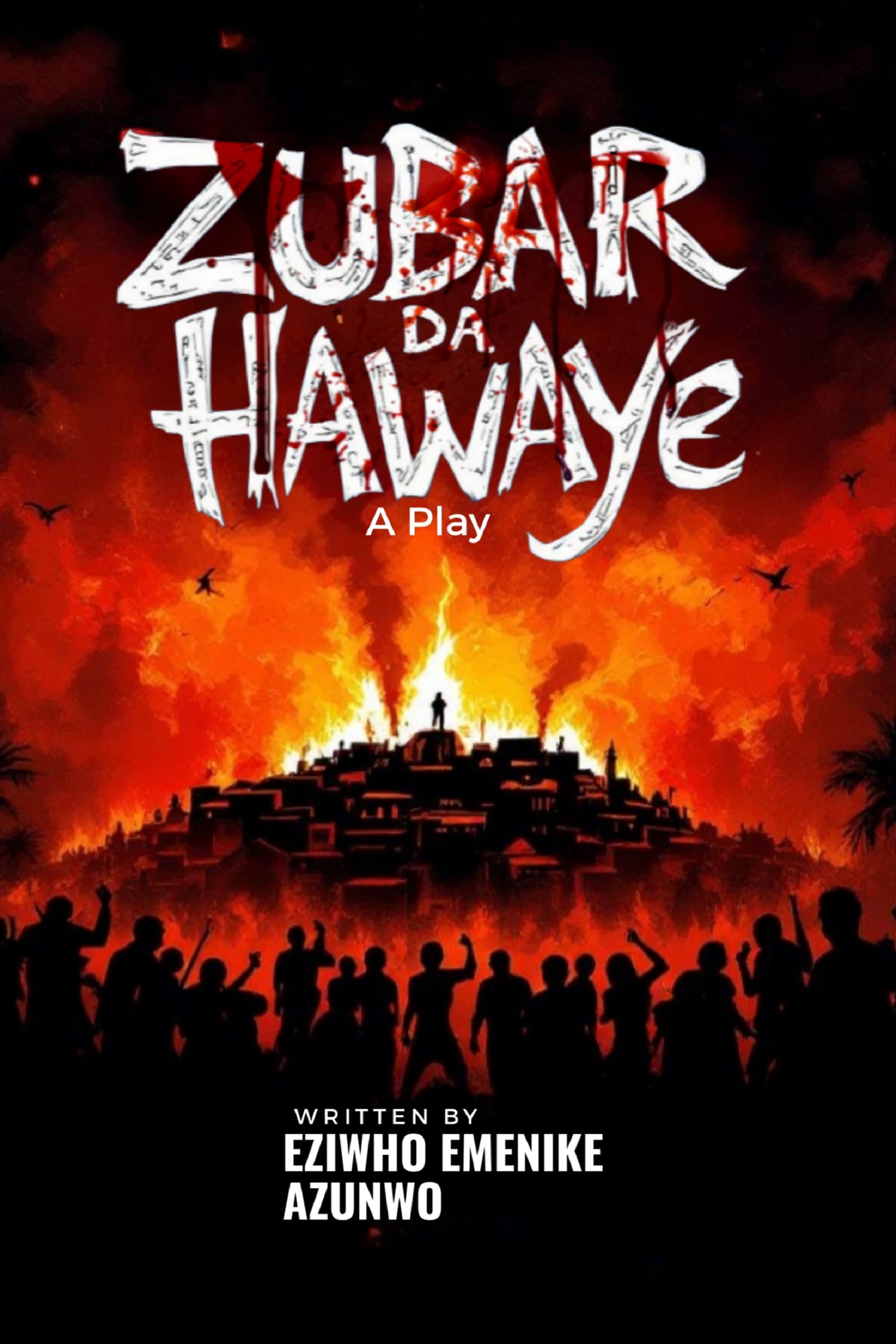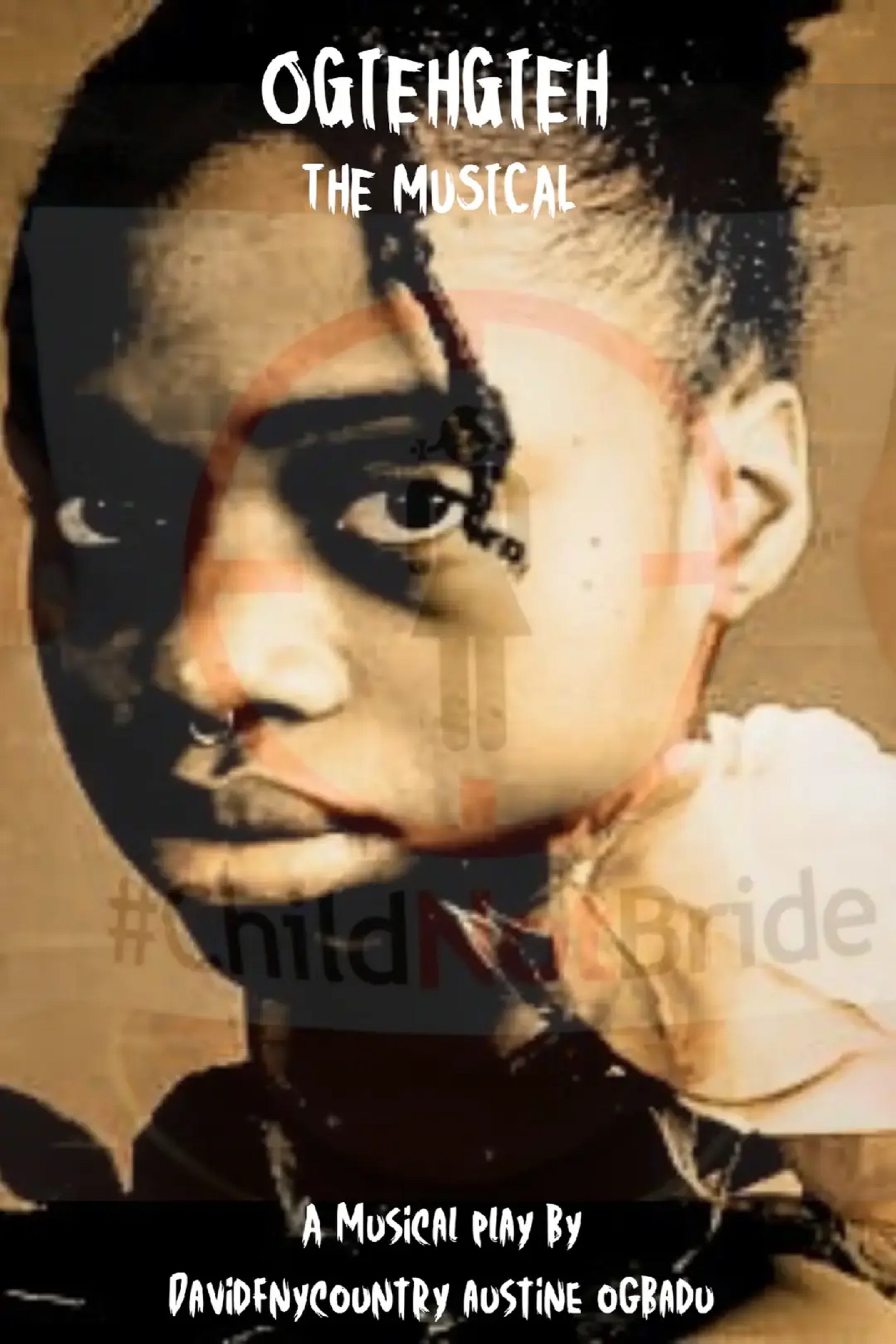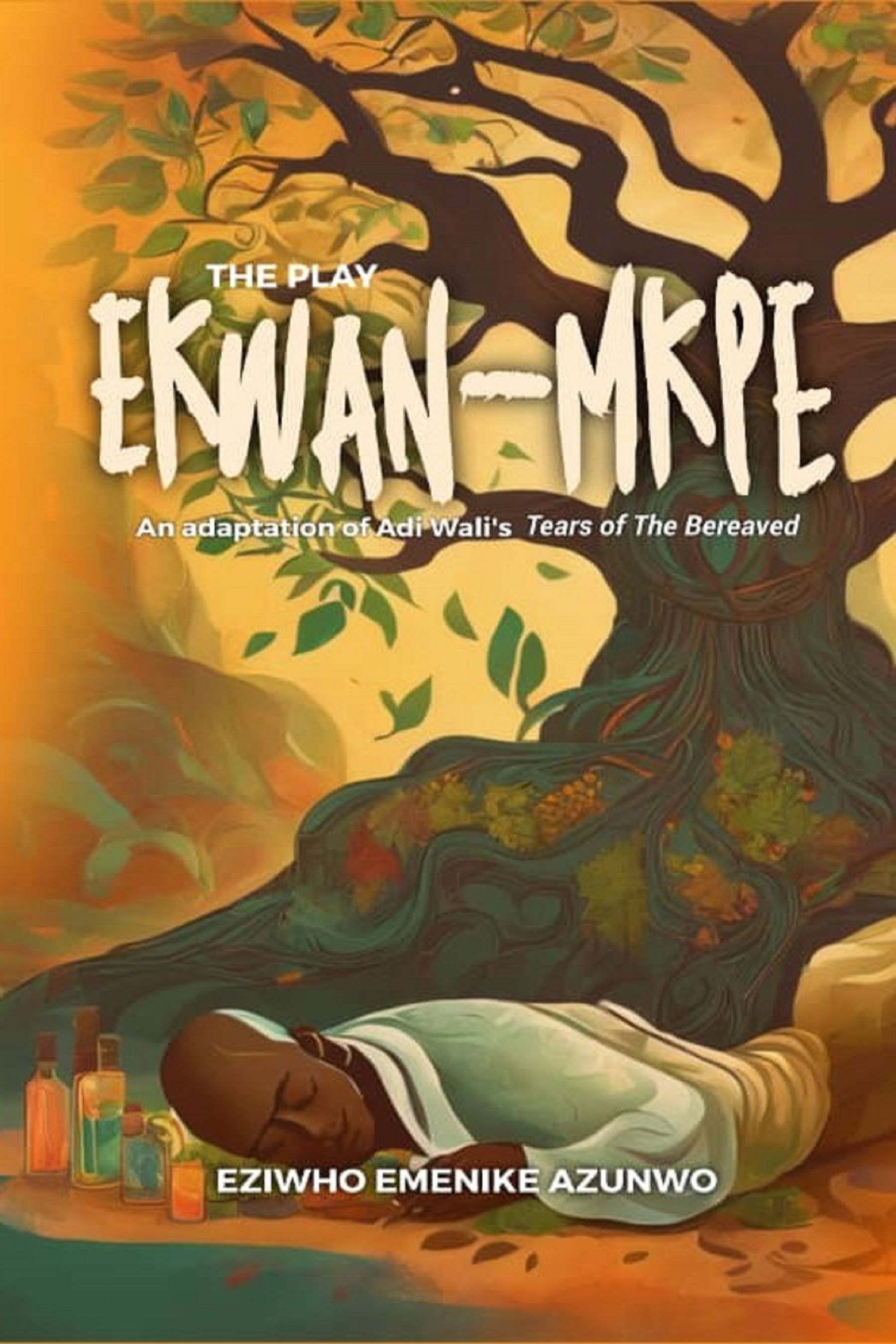Tab Article
SYNOPSIS In Zubar da Hawaye (translated as Spilling of Tears), Eziwho Emenike Azunwo crafts a piercing narrative that lays bare the brutality of conflict and the resilience of the human spirit. The play opens with a harrowing scene: Uren, a young girl on the cusp of innocence, is forced into silence as she hides in the shadows with her little sister, watching in helpless terror as her parents and brother are slaughtered before her very eyes. Their only crime—being alive in a land where death now reigns without mercy. As dawn breaks, it brings no hope. Instead, it delivers more corpses. The respected village elder, Salami, along with his wife and only son, is murdered in cold blood inside his home. This act, cruel and symbolic, shatters any remnants of peace the community once knew. The people—once bound by culture, kinship, and love—are plunged into chaos. Fear grips the air, suspicion infects hearts, and grief ignites a storm of rage that consumes all reason. As blood becomes the currency of vengeance and sorrow becomes the rhythm of daily life, Zubar da Hawaye explores the deep psychological and emotional cost of violence. It asks the painful questions: What becomes of a people when tears are all they have left? Can justice be found in the ashes of revenge? And is there a path to healing when even the innocent are stained by the trauma of survival? Through powerful dialogue, symbolic imagery, and raw emotion, the play weaves together the shattered lives of villagers caught between mourning and madness. Uren’s journey, from trauma to reluctant strength, mirrors struggle of a broken community trying to remember how to feel, to forgive, and to hope again. Zubar da Hawaye is not just a play—it is a mirror to every society that has known bloodshed, a voice for the silenced, and a cry for restoration in a world too used to the sound of tears.













 National Library of Nigeria
National Library of Nigeria.jpg) Association of Nigerian Authors
Association of Nigerian Authors Nigerian Library Association
Nigerian Library Association EagleScan
EagleScan Crossref
Crossref